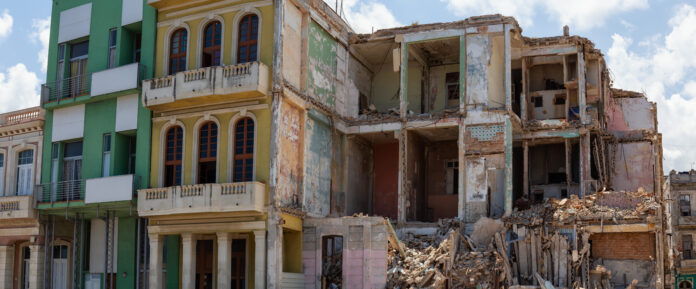The Overlooked Cost of Conflict on Sustainable Development
The conflict between Israel and Iran is creating a humanitarian crisis that threatens to undermine sustainable development efforts both regionally and globally. Beyond the immediate loss of life and destruction, war-induced displacement and economic disruption have long-term consequences for human capital, economic resilience, and social stability.
Millions of people face forced migration as homes, infrastructure, and livelihoods are destroyed. Refugee flows strain neighboring countries and international aid systems, stretching resources thin and complicating efforts to provide education, healthcare, and employment opportunities. These disruptions hamper human development and increase poverty, threatening progress toward the United Nations Sustainable Development Goals.
Economic displacement caused by conflict limits the ability of affected populations to participate in productive activities. Loss of jobs, markets, and access to services reduces incomes and deepens inequality. This economic fragmentation slows recovery and can entrench cycles of poverty and instability.
The destruction of infrastructure essential to water, energy, and transportation systems further impairs community resilience. Rebuilding such systems requires significant investment, often unavailable during ongoing conflict. Without stable infrastructure, sustainable development initiatives falter and environmental risks grow.
Moreover, the psychological toll of conflict affects communities’ capacity to engage in long-term planning and adaptation. Trauma and uncertainty reduce social cohesion, which is critical for collective action on sustainability challenges such as climate change and resource management.
International response must go beyond immediate relief and incorporate strategies that address displacement, economic recovery, and social rebuilding. Integrating peacebuilding with development programs can help restore stability and foster inclusive growth.
The Israel–Iran conflict serves as a stark reminder that humanitarian crises and economic displacement are key barriers to sustainable development. Addressing these human costs is essential for building a more resilient and equitable future for the region and the world.




